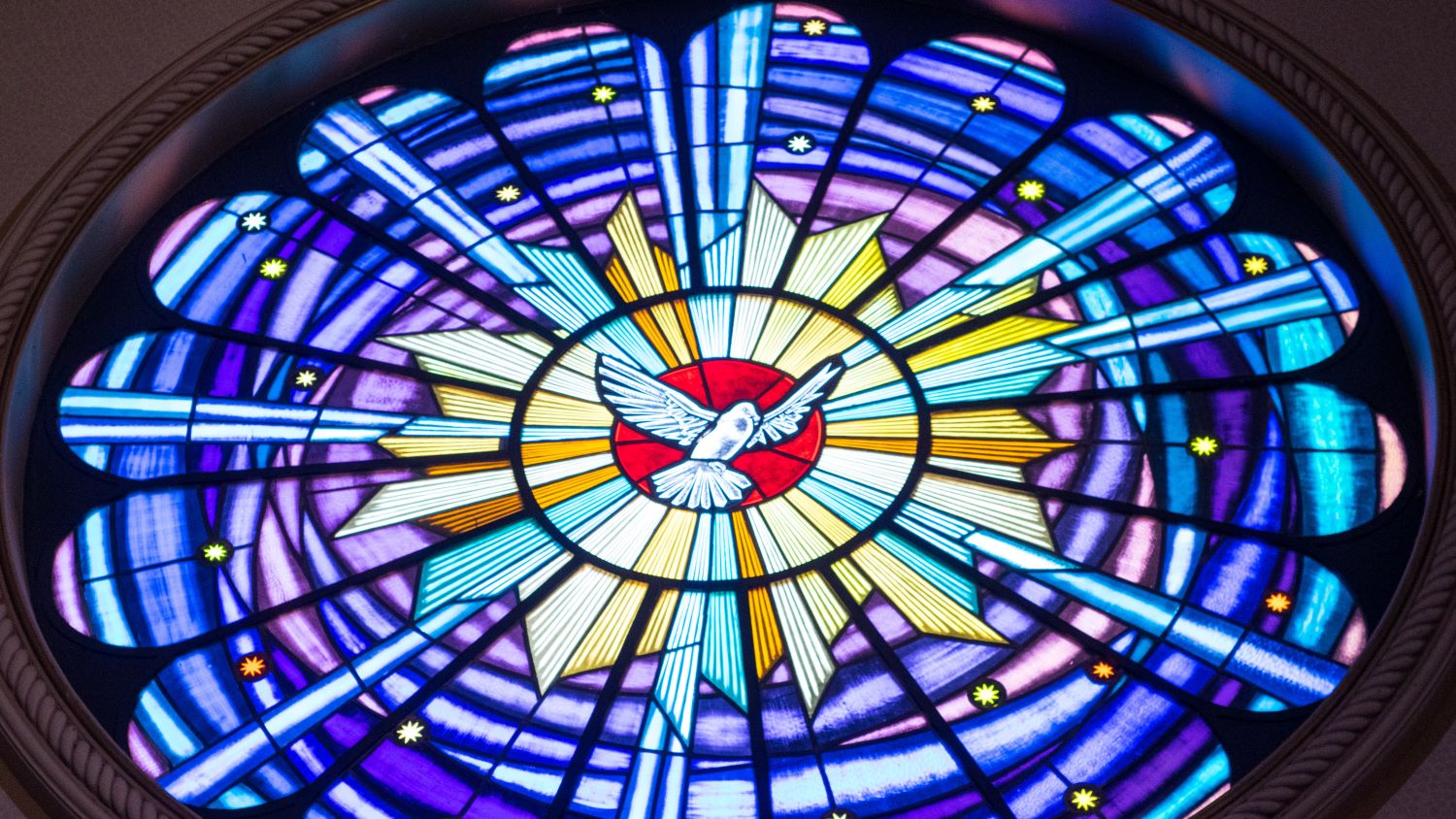Editor’s note: This post is part of a series featuring outstanding excerpts from student papers at the BibleMesh Institute, which offers affordable online training for local churches, schools, and ministries. The author’s name has been withheld for privacy and security purposes. He is preparing to serve as a missionary among Muslims overseas.
The Holy Spirit is commonly believed in but often misunderstood. It may come as a surprise to many Muslims, for instance, that Virgin Mary is not a member of the trinity in which Christians believe. Christians believe that “the Lord [our God] is one” being who exists in three persons: the Father, the Son Jesus Christ, and the Holy Spirit (Deuteronomy 6:4). The Holy Spirit, therefore, is the third person of the Godhead. Because the divinity of the Holy Spirit is debated and misunderstood, it is important to first explain how one can conclude that the Holy Spirit is not just like God but is God.
We must start with the characteristics and works of the Holy Spirit. Many of the prophets were like God when God chose to reveal His power through them. Through Moses, for instance, God miraculously caused a rock to produce water (Exodus 17). Through Elijah, God caused wet wood to miraculously light on fire (1 Kings 18). Through many prophets, God spoke many miraculous prophesies of historical events that later took place. These are examples of God revealing His power through His finite created beings. The Holy Spirit, however, possesses attributes of God that are impossible to share with created beings. Hebrews 9:14, for instance, describes the Spirit as “eternal.” In other words, He has no beginning and no end; He was present at creation and will never cease to exist. This cannot be true of any created being. Psalm 139 describes God’s Spirit as being everywhere at all times. 1 Corinthians 2:10 describes God’s Spirit as knowing everything, even the “depths of God.” The Holy Spirit, therefore, is characterized as eternal, all-present, and all-knowing. These traits are reserved for God and are incommunicable—they cannot be shared with beings whom God created.
In addition to bearing the incommunicable attributes of God, the Holy Spirit also does the works of God. Not only was the Holy Spirit present at creation, giving form and light to a chaotic and dark earth, but he was also responsible for Mary’s miraculous conception of Jesus. In Luke 1:35, God’s angel tells Mary that the Holy Spirit will “come upon” her, overshadow her in the power of God, and cause her to give birth to the holy Son of God. In Romans 8:11, we learn that the Spirit of God was not only responsible for the birth of Jesus, but also for raising Him to life after His death on a cross.
The New Testament attributes many more works of God to his Holy Spirit. The Holy Spirit, for instance, is responsible for bearing witness that Jesus is indeed God (John 15:26). He is also responsible for giving each of the prophets the words of God to speak (2 Peter 1:20-21). Just as the Hebrew word ruach can mean wind or spirit, the Greek word pneuma can mean breath or spirit. The entire Bible and its divine inspiration, in fact, are attributed to the “breath” of God, or the Spirit of God (2 Timothy 3:16-17). The Holy Spirit is responsible for acts for which only God can be responsible. The Holy Spirit, therefore, can be seen as the breath, or wind, of God that blows upon creation and is felt by humanity.
The writers of Scripture also reference the Holy Spirit interchangeably with God and place Him on par with the other two persons of the Trinity. In Acts 5:3-4, for instance, we see Peter refer to the Holy Spirit and to God in the same manner. When a greedy couple withholds part of their gift, he tells them they have lied “to the Holy Spirit,” and not only to man but “to God.” In other passages, we see the Holy Spirit listed in a group of three with God the Father and God the Son (Jesus). In Matthew 28:19, Jesus commands us to baptize new believers in “the name of the Father and of the Son and of the Holy Spirit.” In 2 Corinthians 13:14, Paul blesses the Corinthians with the “grace of Jesus,” the “love of God,” and the “fellowship of the Holy Spirit.” It is clear that Jesus and His closest followers saw the Father, Jesus, and the Holy Spirit as one God with distinct persons.
